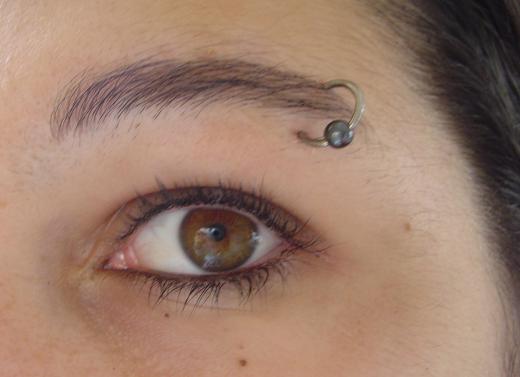Surgical steel is a type of stainless steel which is especially well-suited to surgical applications. The same properties which make it popular in the operating room have also led to demand for this metal in body piercing jewelry and body modification implants. Several steel manufacturers produce this material, with numerous companies making a range of products of varying degrees of hardness and tensile strength, depending on the precise ingredients in the alloy needed.
Like other stainless steel products, surgical steel resists staining, but it also resists corrosion, which is critical in the operating room. Surgical instruments are subjected to a variety of harsh soaps and cleaners, along with intense heat from autoclaves, so they must be able to withstand heavy use. This type of steel is also very difficult to scratch, a distinct advantage in surgical instruments, because a scratch can become a haven for bacteria, which could be transferred to patients.

Hard surgical steel of the marensitic type is used for instruments. This steel takes edges very well, and it is easy to clean, sterilize, and handle. Softer austenetic surgical steel is used for surgical implants. Typically, implants made with this material are meant to be temporary, with titanium materials being used in permanent implants.
The human body rarely reacts poorly to surgical steel implants, but it does happen. Components like nickel in the alloy can sometimes make people sick, and this is one of the reasons why this material is generally only recommended for temporary implants. Surgical steel is also able to cope with pressure, making it useful for implants which may experience strain, such as the screws used in orthopedic surgery.

You may also see surgical steel being employed in kitchens, pharmaceutical companies, and similar facilities, because of its strength and corrosion resistance. Other metals could react with ingredients and mixing utensils, potentially compromising the integrity of the finished product.
From the point of view of the body piercing community, this metal is appealing because of its low reactivity. Unlike metals such as silver, surgical steel will rarely interact with a piercing, reducing the risk of infection, inflammation, and poor healing outcomes. Body jewelry made of this type of steel is often inserted at the time of piercing to promote healthy healing, and it is the metal of choice for implants used in body modification, thanks to its low reactivity.
Ever since she began contributing to the site several years ago, Mary has embraced the exciting challenge of being a About Mechanics researcher and writer. Mary has a liberal arts degree from Goddard College and spends her free time reading, cooking, and exploring the great outdoors.

